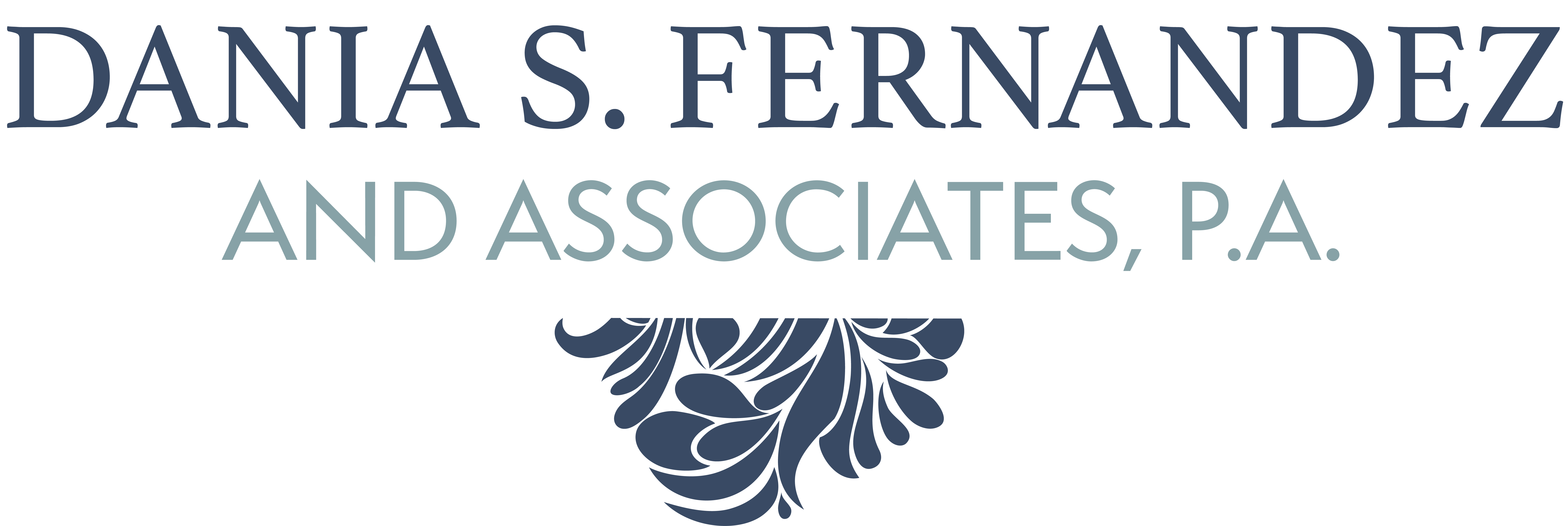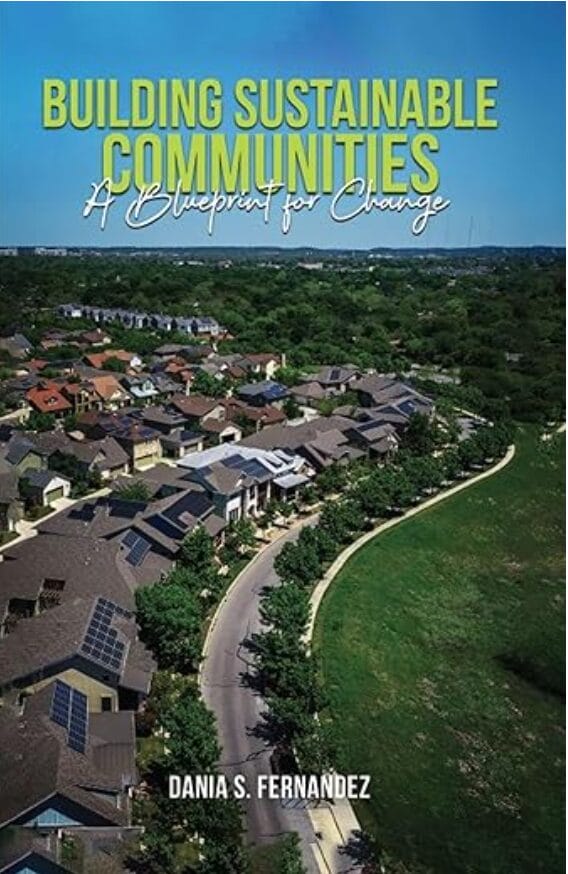
For condo associations, reserve funding is required by law. Although there can be some wiggle room and even a potential to hold a majority vote to do away with reserve funds, this is rarely a good decision.
Reserve funds are a vital component to a condo association’s budget. They are also essential to the longevity of the community.
But how much is enough for the reserve fund?
The answer: it depends. But there are very accurate ways to account for the reserves in the budget (which we’ll get to later).
The ranges for reserve funds can go from 15% – 40% of assessments. On average, this amounts to anywhere from $60 and $150 per unit, per month, towards Reserves.
When setting up reserve requirements, board members factor a few things into their decisions. They must consider unbudgeted expenses in the near and far future. They must estimate those costs. And then they need to estimate how much additional savings are necessary per year.
You average board member, unless they’re a CPA or accountant, probably isn’t going to be able to create an accurate assessment. Luckily, there is a way to take out the guesswork…
A reserve study
Florida Statutes state “The amount to be reserved must be computed using a formula based upon estimated remaining useful life and estimated replacement cost or deferred maintenance expense of each reserve item.”
The amount necessary to meet reserve requirements can be calculated with a reserve study. In a reserve study professionals come in to analyze and valuate deferred maintenance, replacement costs and the estimated remaining life of the bigger ticket aspects of the association. Florida Statute § 718.112(2)(f)also states very clearly what qualifies as an authorized reserve fund expenditure:
“These accounts must include, but are not limited to, roof replacement, building painting, and pavement resurfacing, regardless of the amount of deferred maintenance expense or replacement cost, and any other item that has a deferred maintenance expense or replacement cost that exceeds $10,000.”
In essence a reserve study analyzes all probable long-term expenses for a condo association. This study takes all “what ifs” into consideration and distills them into a highly mathematical model that can give your association the most accurate assessment of what you need in your reserves.
Based on a complete analysis, the reserve study expert creates a long-term schedule of expected repairs, replacements, major maintenance, and all other eventualities that may impact your condo association’s bottom line. Once these numbers are estimated, the Board then takes this estimate to determine how to charge assessments to maintain the ideal level of reserve funds.
It should be clear now that the only way to accurately assess how much your condo association needs in the reserve funds is with a reserve study. One other questions remains: How often should you perform a reserve study?
Again, it depends. If your association has not had a reserve study done in several years, a decade or never, then you need to get one ASAP. Once you are on a regular reserve study schedule then every 2-5 years should suffice. It’s a better idea to aim for every 2 or 3 years, but it really depends on how much your association is tapping into the reserve funds. More frequent use of reserves, more frequent reserve studies.
And that’s what you need to know about how much cash should be in your reserves. Reserves are a vital component to any thriving condo association and they should not be overlooked or forgotten about.

